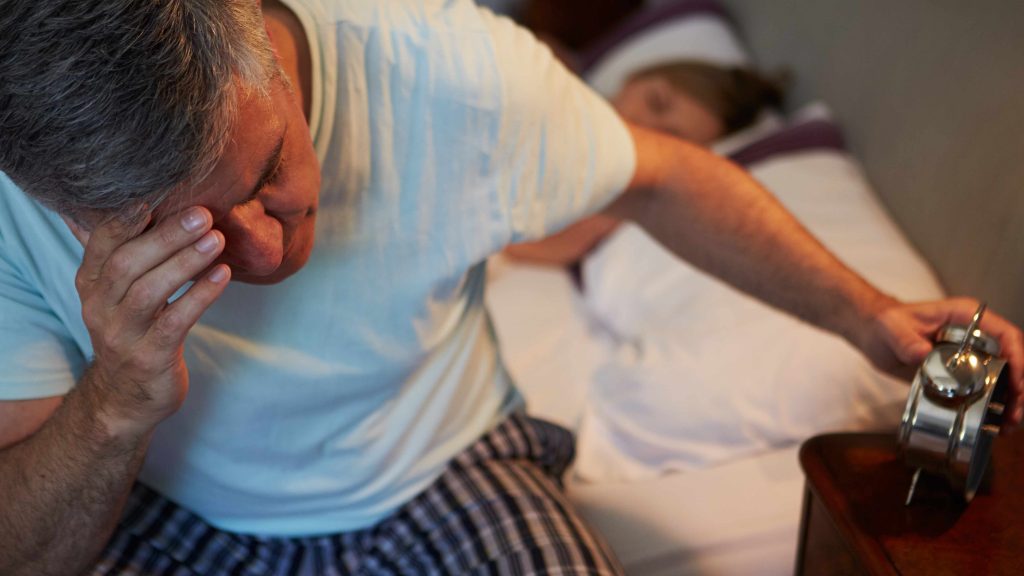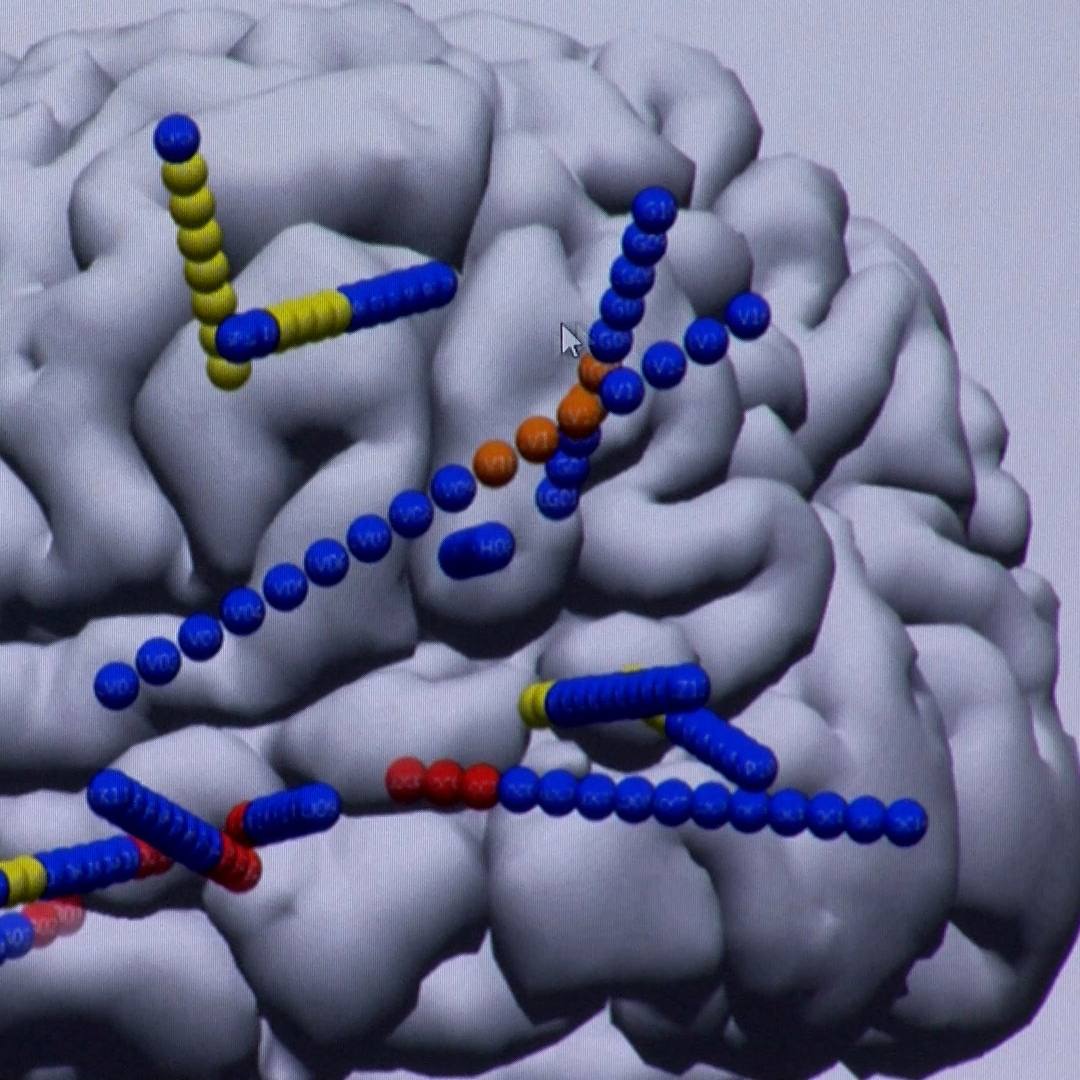-
Featured News
Consumer Health: Return to standard time doesn’t have to disrupt your sleep

For much of the U.S. and many places around the world, daylight saving time ends Sunday, Nov. 6. That's when clocks are turned back one hour to local standard time.
This time shift ― just one hour ― can take a toll on your sleep. Similar to the effects of jet lag, changing your clock back and forth for daylight saving time can disturb your system because your internal clock keeps on ticking, regardless of time zone or daylight saving time. This internal clock, or circadian rhythm, is influenced by exposure to sunlight, among other factors.
This is important because sleep provides the foundation for all your daily habits and decisions. Getting enough quality rest each night is essential for optimal health. Regularly sleeping less than seven hours per night is associated with weight gain, diabetes, high blood pressure, stroke and depression. Lack of sleep also can affect your immune system and heart health.
As the time change date approaches, here are two things you can do to alleviate the sleep disturbance that may come along with it:
- Adjust your internal clock gradually
In the days leading up to the time change, adjust your sleep and wake times in small increments so your body can transition gradually. Shift your bedtime and wake time in 15- to 30-minute increments. - Spend time outdoors
Sunlight affects your body's circadian rhythm, and spending time outdoors can alleviate feelings of fatigue that often accompany time changes.
Connect with others and share your tips for better sleep in the Sleep Health support group on Mayo Clinic Connect, an online patient community moderated by Mayo Clinic.







